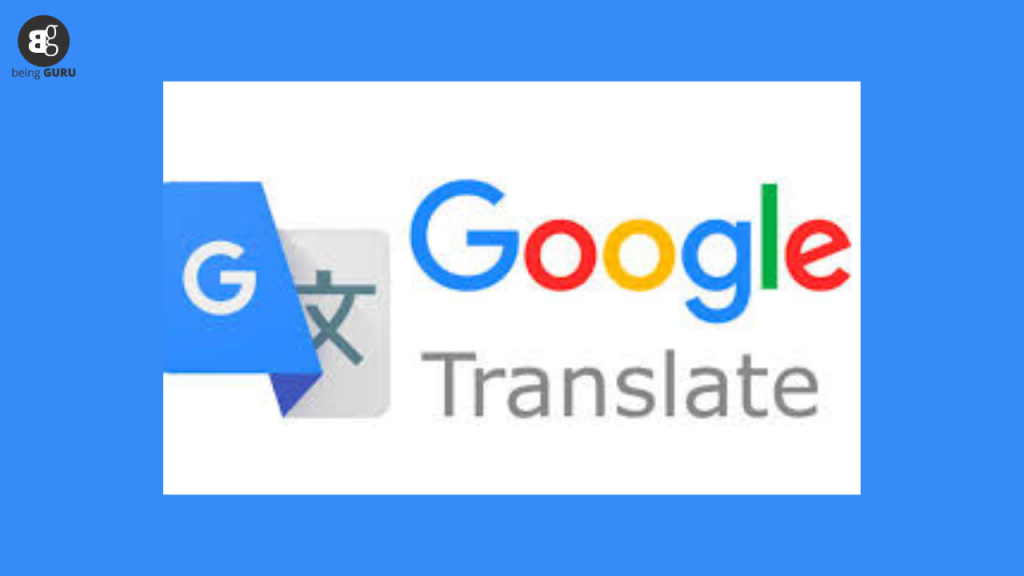The delay in Google introducing translated search results in languages like Korean, Turkish, and Arabic raised questions, considering their prominence. I consulted Christopher Shin, an international SEO expert (LinkedIn profile), to shed light on this.
Christopher explained that Google faced challenges in South Korea due to the dominance of local platforms like Naver and Kakao (formerly Daum). However, a significant shift occurred as Koreans returning from abroad recognized Google’s advantages over local portals regarding information capabilities.
Moreover, major Korean businesses like Samsung and Hyundai began prioritizing global markets, highlighting Google’s importance for companies domestically.
Naver remains dominant for shopping and reviews, but Google’s strength lies in answering specific queries. Christopher suggested that market prioritization and the complexity of the Korean language, which includes both Hangeul and Hanja characters, contributed to the delayed introduction of Translated Google Search Results.
He noted that while his team initially used Google Translate, they found Naver’s Papago more effective until tools like ChatGPT improved Google’s competitiveness.
[ad_2]
